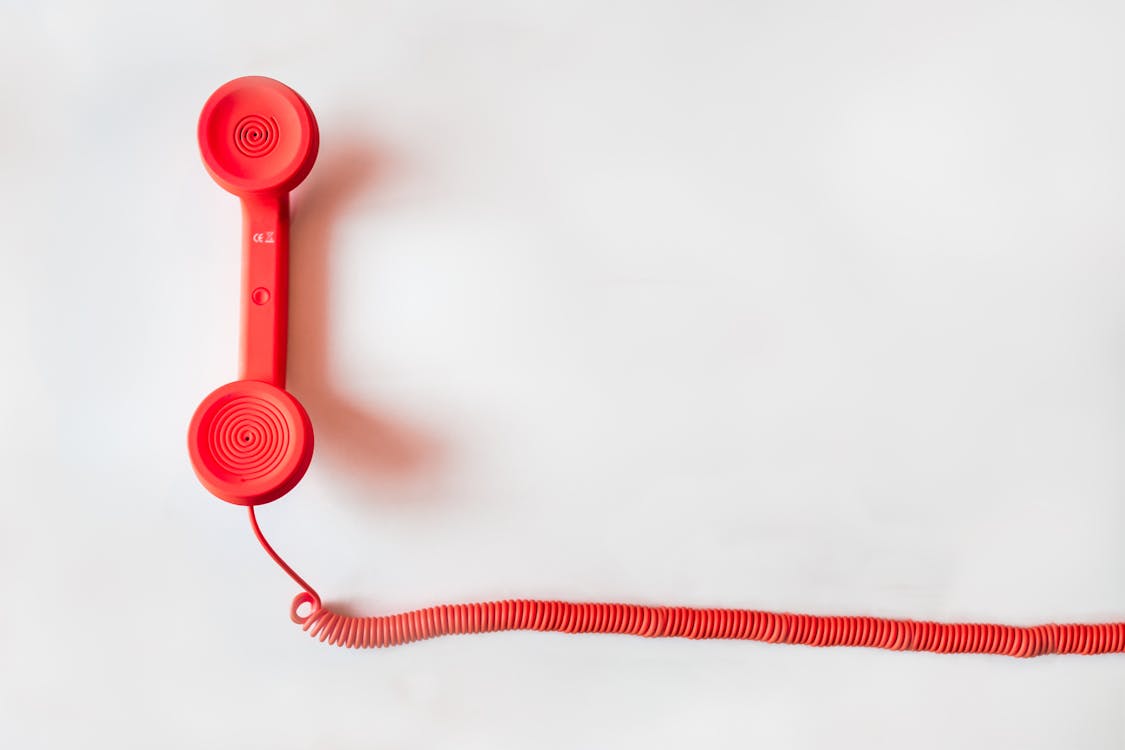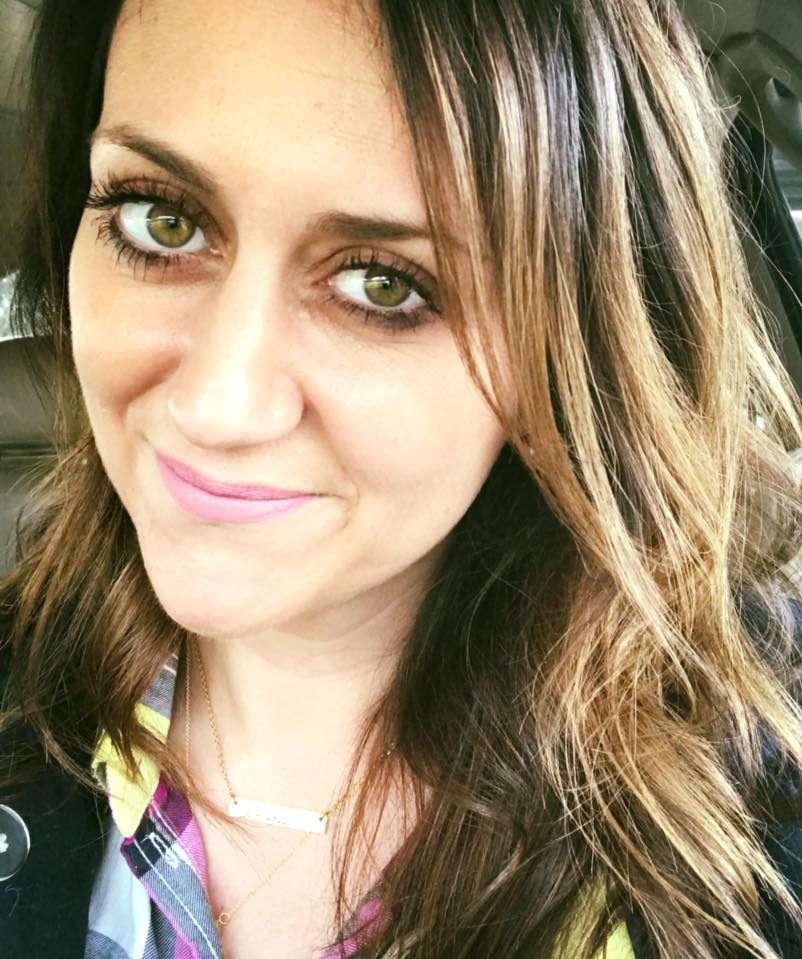264 million people worldwide live with depression. Over 7% of adults in the US experienced at least one major depressive episode pre-pandemic. Depression is the leading cause of disability across the globe, is twice as likely to affect women than men, and makes the risk of suicide 20 times greater. And it is dangerously misunderstood.

Myth #1: Depression is a Spiritual Problem
People love to give unsolicited advice. They pontificate with an air of authority about things with which they have zero experience. Some of the most ignorant solutions to depression, gifted under the guise of good intentions, include thinking more positively, praying it away, and simply changing one’s attitude.
Ironically, these same useless suggestions aren’t offered when someone is diagnosed with cancer or diabetes or high cholesterol. In any other medical situation, seeking professional help goes without saying. Finding appropriate medication is urgent. Altering lifestyle choices is inevitable.
There are plenty of tools available to help manage depression: improved diet, movement, therapy, supplements, affirmations, gratitude journals, sobriety, meditation, laughter, breathwork. But earmarking any of these modalities as a cure is simplistic and reductive.
Like all healing, treating depression is a process: time consuming, complex, dynamic, and full of trial-and-error. Engaging with it as a mental and physical health issue, rather than a spiritual one, relieves people from shame and judgment. And empowers them to take steps toward wholeness.
Myth #2: Medication is a Shameful Last Resort
When a middle-aged mother receives a cancer diagnosis, does she hide her chemo and radiation treatments from family and friends? When a lifelong runner faces a future with diabetes, does he debate about including insulin on his list of current medications? When a young professional gets a UTI or a sinus infection or staph or an abscessed tooth, do she break down in tears of shame for filling an antibiotics prescription?
Pain is inevitable. Suffering is optional. Broken minds and bodies in a broken world cannot be avoided, but the stigma of how we choose to heal can.
Martyrdom is passe. There are no gold stars given for he who suffers the most. Medication can be a useful, necessary, life-saving piece to the depression puzzle. Taking care of yourself is the strongest thing you can do.

Myth #3: Depression is an Identity
You aren’t what you eat. You are not the product of the 5 people you spend the most time with. And you certainly are not reduced to the one-dimensionality of a diagnosis.
You are a full-fledged human person with flaws. You are a body with imperfect parts. A mind with limits. A spirit of both light and darkness. Just like every other human being on this earth, you are perfectly imperfect.
You are more than your depression. It is a part of you, but not the whole. It does not define you. It is not a reflection of your worthiness, character, or personhood. Depression is the least interesting part about you.
Myth #4: Asking for Help is a Sign of Weakness
We are not made to go through life alone. We are created for community and relationship and interaction. Needing other humans reflects health, not lack.
You do not have to be all things to all people, even for yourself. Especially for yourself. No one can be their own mechanic, hairdresser, doctor, plumber, accountant, gardener, chef, and counselor all at once.
In the complex, chaotic business of your life, be the CEO. Delegate. Collaborate. Ask for help. Outsourcing unmanageable pieces of your mental health to your family, friends, physician, therapist and other healers means growth and freedom.

Myth #5: Depression is a Life Sentence
Nothing lasts forever. Day turns to night, seasons change, life transforms over and again. Maybe your depression is simply a short-term visitor. Maybe it will be a companion that stays with you through the end of your days.
Whether you experience depression for just a season or for all of them, there is still life after depression. Better yet, there is life in the midst of it. Joy and sorrow exist in the same heartspace. Healing and brokenness are two sides of the same coin. Depression and a well-loved, well-lived life are not mutually exclusive. They are paradoxically entwined.
There is hope in the face of the hopelessness, faith amidst the fatigue, dreams within the darkness. Depression is not the end, but a beginning. The start of knowing and loving and honoring yourself better. It is the unorthodox gift that launches you onto the path of recovery. Of restoration.
Don’t believe the myths. There is nothing fundamentally wrong with you. There is no easy fix. And you are not alone in your depression. 263,999,999 people walk its lonely road with you. Out of every 10 adults you pass each day, 1 of them shares your burden. Lean in and link arms and let’s walk our way through together.


